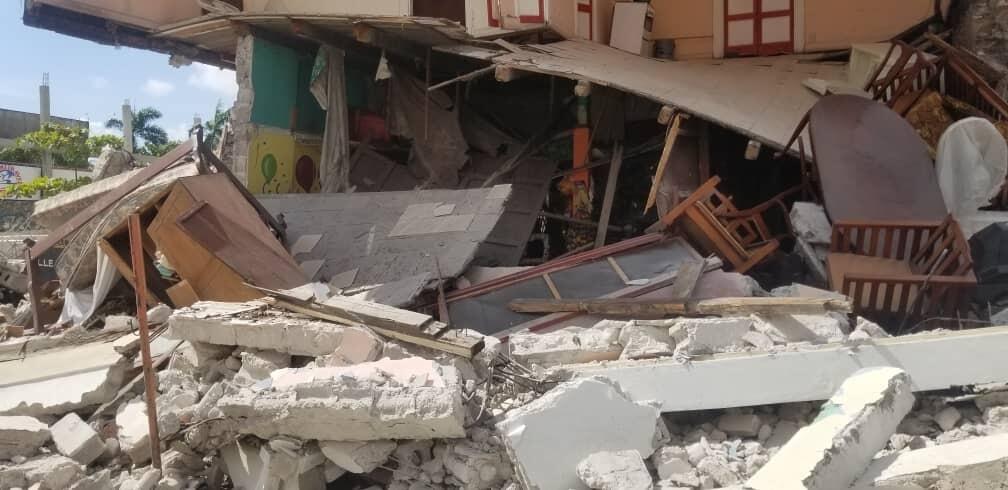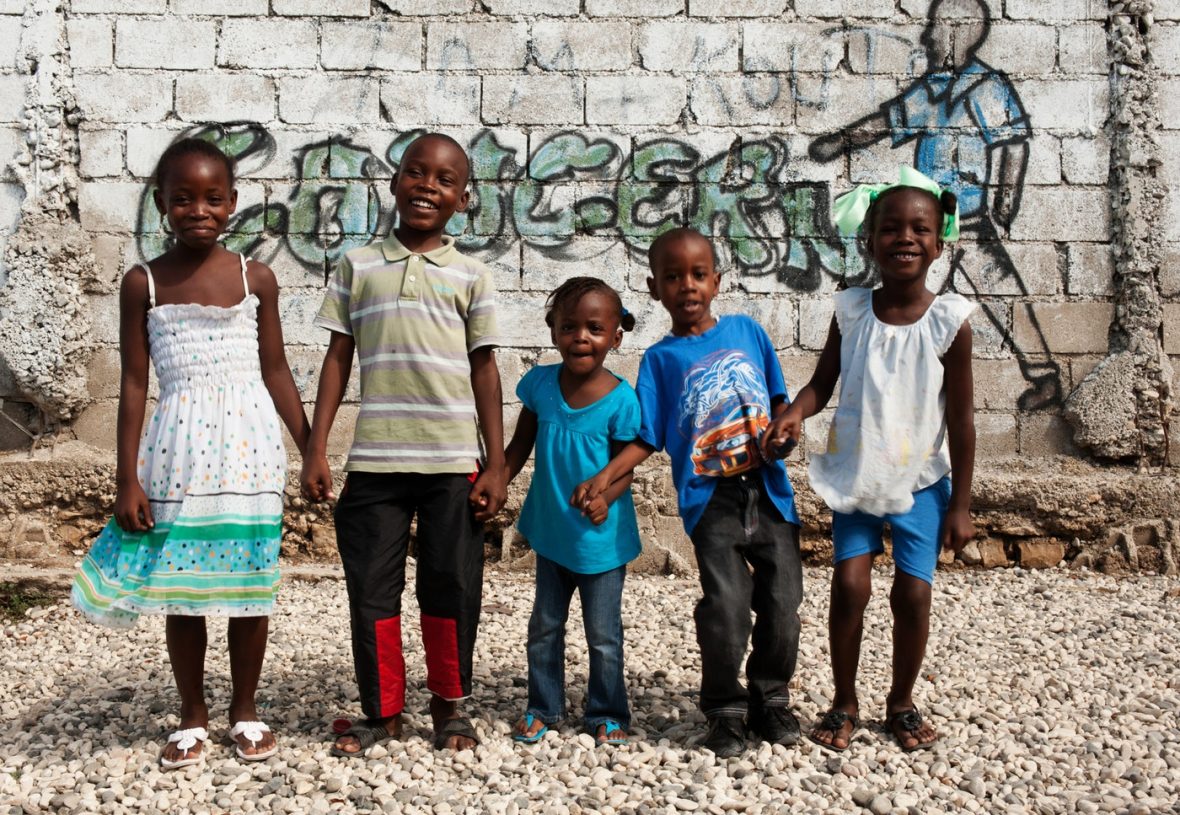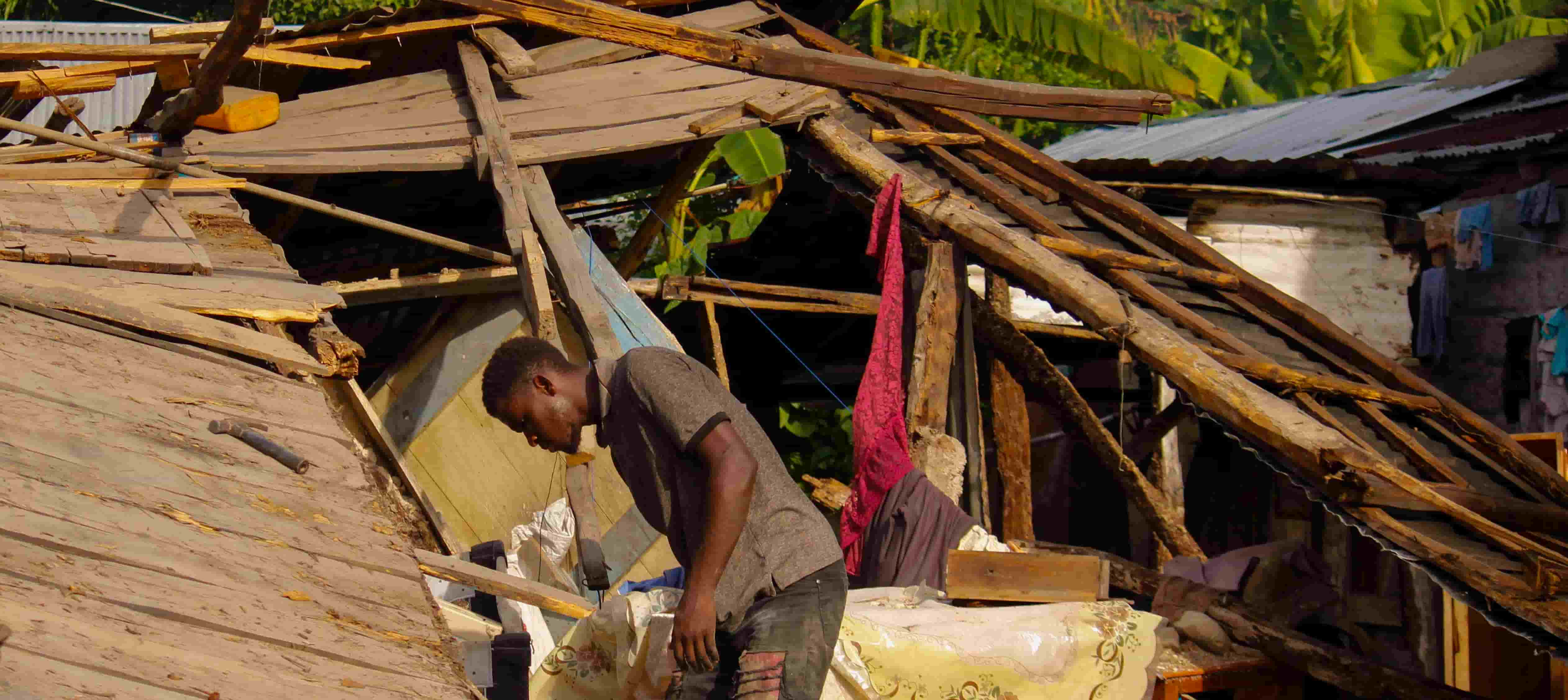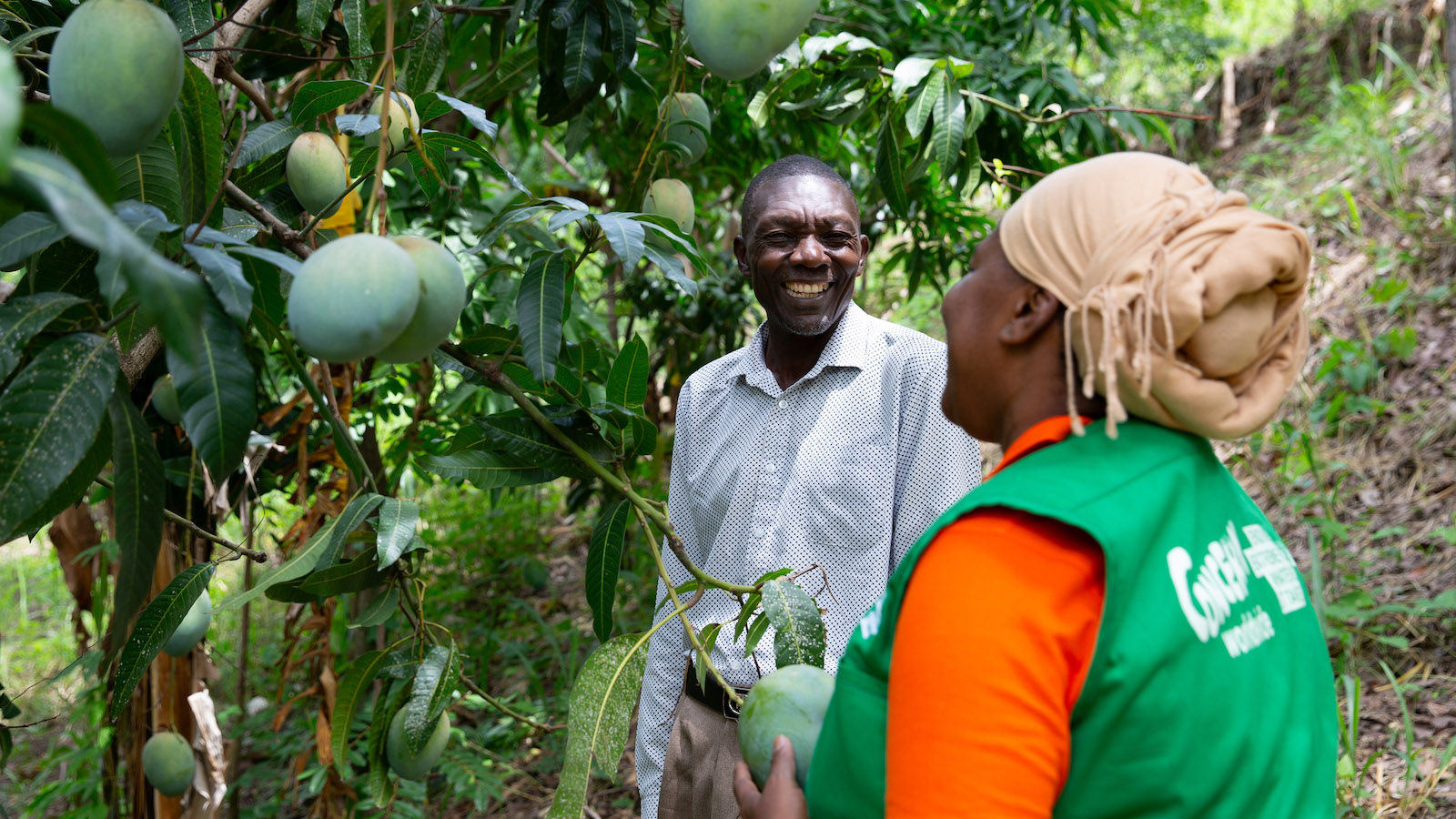More than 1,400 people have died and thousands more injured after a 7.2 magnitude earthquake hit Haiti on Saturday morning, and a monthlong state of emergency has been declared in the country.
At 8:30am local time on August 14, an earthquake struck the southwest of Haiti, killing more than 1,400 people (as of Tuesday, August 17). The earthquake's huge magnitude severely damaged two major cities, Les Cayes and Jérémie, located on the country’s peninsula; its epicenter was approximately 95 miles from the capital of Port-au-Prince (where it was felt, but did not cause damage).
The death toll is expected to rise as searches continue. Early assessments show that almost 7,400 houses were destroyed and almost 4,900 were damaged. Churches, schools, hospitals, hotels, and government buildings were among the buildings that were badly damaged or entirely destroyed by the earthquake. A month-long state of emergency in the country has now been declared.
Thousands are displaced from their destroyed or damaged homes. The arrival of Tropical Storm Grace has also hampered rescue and recovery efforts, as Concern Haiti Country Director Kwanli Kladstrup explains: “With a tropical storm, resultant heavy rains are expected to add to the difficulty of searching for survivors and meeting the humanitarian needs of those left homeless by the earthquake."

Concern's emergency response
Concern has worked in Haiti since 1994, and has responded to several natural disasters in the country in that time. Our response will be in coordination with our Alliance2015 partners on the ground, and is likely to focus primarily on Water, Sanitation, and Hygiene (WASH) support, as well as distributing non-food items and cash transfers.
“Teams are on the ground assessing the immediate needs of local communities and Concern is ready to respond where needed,” says Kladstrup. “We have supplies and vital materials such as plastic sheeting, blankets, soap, and cooking utensils, which are ready to be transported to wherever they are needed.”
Haiti has suffered a number of catastrophes over the last few years, making this disaster even more of a shock to its already fragile system. On January 12, 2010, an earthquake that took place close to Port-au-Prince had a catastrophic effect for the area's 2.7 million people. The scale of the earthquake was unprecedented in an urban setting, causing the deaths of over 200,000, displacing 1.5 million, and destroying 250,000 residences and 30,000 commercial buildings. Moreover, in 2016, Hurricane Matthew caused massive destruction and displacement. Earlier this summer, President Jovenel Moise was assassinated, creating added political instability. The country has also seen more than 20,500 deaths from COVID-19.
In context: The 2010 Haiti earthquake
Concern’s response to the 2010 earthquake started with water and sanitation, and evolved to include child nutrition, aid distributions, the construction of temporary shelters, child-friendly spaces, solar lighting, cash-for-work, and ultimately, a return to safe structures in surrounding neighborhoods.
In Tabarre, just north of Port au Prince, Concern lead the construction of temporary transitional shelters to house 500 families, accounting for 2,500 of the most vulnerable survivors. Additionally, as part of a cash-for-work program, community members were employed to aid in the construction of Tabarre Issa’s shelters, built on concrete foundations and made of high-quality timber frames reinforced to withstand hurricane-force winds.
Distributions of essential health, household and shelter items continued throughout 2010 in some of the most densely populated urban areas and most remote rural zones. One of Concern’s most memorable interventions was a partnership with UNICEF and Czech NGO People in Need to establish child-friendly spaces. These were safe places where elementary-school–aged children could find a few hours of refuge that included basic learning, health and hygiene messaging, and, most importantly, play.




